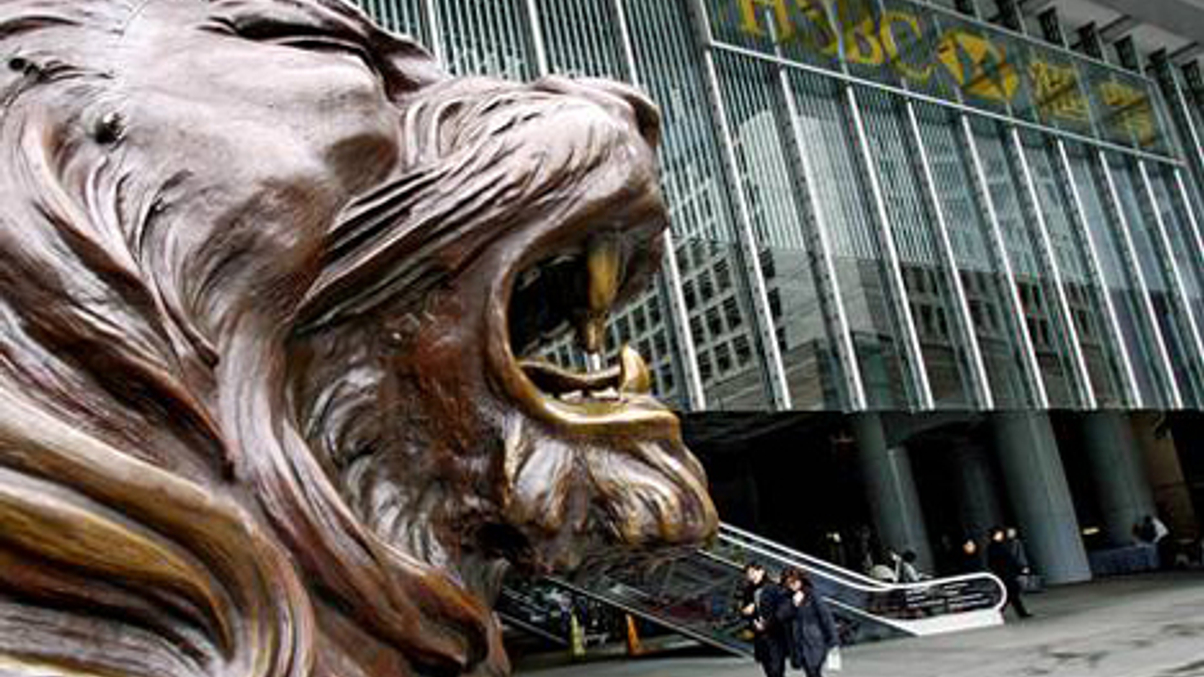HSBC acquires first metaverse property in The Sandbox
The Hong Kong-based bank has made its first purchase in the metaverse, joining peer, JP Morgan, as it makes inroads in the world of virtual assets.

A version of this story was first published by sister publication, FinanceAsia.
Sign in to read on!
Registered users get 2 free articles in 30 days.
Subscribers have full unlimited access to AsianInvestor
Not signed up? New users get 2 free articles per month, plus a 7-day unlimited free trial.
¬ Haymarket Media Limited. All rights reserved.


